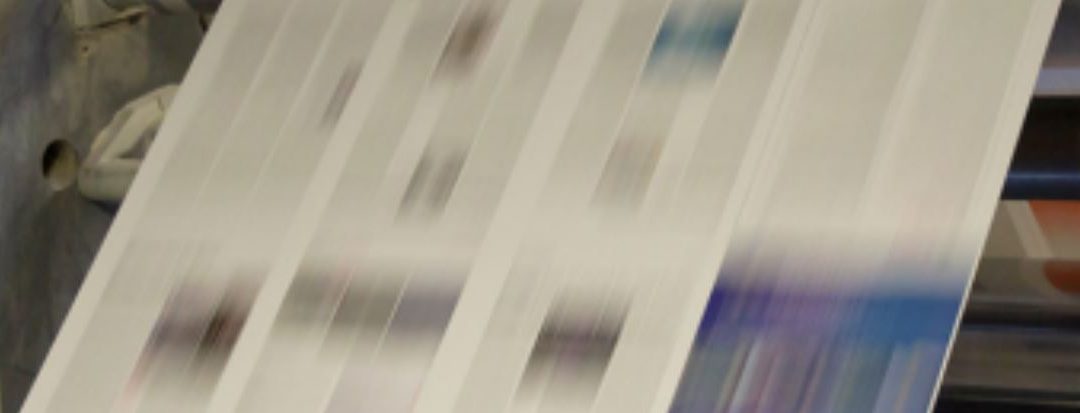It was an interesting year for just about everyone. Covid was no longer front-of-mind, although its impact was still everywhere.
Big wage rises and newsprint cost increases were two of the lingering Covid-related problems for the publishing industry. The pay hikes were largely due to inflation and the paper cost increases due to logistics disruption and reduced supply.
The elephant in the room was the on-going multi-million-dollar government subsidies for media companies. Some medium-sized publishers managed to get in on the government’s lolly scramble in 2022, joining the big boys who sucked up millions in 2021 and continue to do so.
But the money is due to dry up in the coming year. It is hard to see those who are now partially funded by the Labour Government wanting to return to being fully private sector entities. It will be interesting to watch the lobbying in coming months.
And while I’m not a fan of news businesses taking money from the government, I do have some sympathy for the private sector as the state-owned media – TVNZ and RNZ – are in line for a massive new injection of funds, just as the private sector media subsidies come to an end.
The Aotearoa New Zealand Public Media (ANZPM) plan is a farce – there is no obvious reason for the merger and polls show the country is against it. Meanwhile, many consultants are doing rather well out of the process and there will be an eye-watering bill for the taxpayer. Towards the end of the year there were rumblings that the pin may be pulled on the project. Let us hope so.
The glacial shift to digital from print continued in 2022, with one notable breakthrough being the NZME claim that its digital operation was now profitable, without the support of its print publications. The NZME-owned New Zealand Herald went behind a paywall back in 2019.
This year, Allied Press, publisher of the Otago Daily Times and the main news company in the South Island, also put its website behind a paywall.
But for these companies, as well as smaller publishers, print is still profitable, despite a series of body blows that have piled cost upon cost, upon cost. A new public holiday, with associated penal rates, higher wages, due to inflation and a national labour shortage, high fuel costs and delivery costs – the list goes on.
The government’s new “fair pay agreements” legislation also has the potential to cripple small businesses, as some wage rates will no longer be agreed between employers and staff, but between big employer organisations and unions, as happened 50 years ago.
Good newspaper jobs that would have been fought over ten years ago now lie empty. Publishers cannot match the salaries available in communications roles, or government-funded journalism positions.
And it is not only journalism roles. Advertising and graphic artist jobs are also hard to fill.
This is where Spinc Media comes in to its own. There were several new publications which came into the Spinc fold in the past year, some with novel partnership arrangements. Traditionally Spinc has provided advertising production and page design solutions for publishers, but with costs now overflowing in all areas of small businesses, Spinc has been able to grow and offer additional solutions.
If the burden piled on the shoulders of your business is becoming too heavy – why not pick up the phone. There is a solution.
Paul Taggart
CEO
Spinc Media
021 333 335


